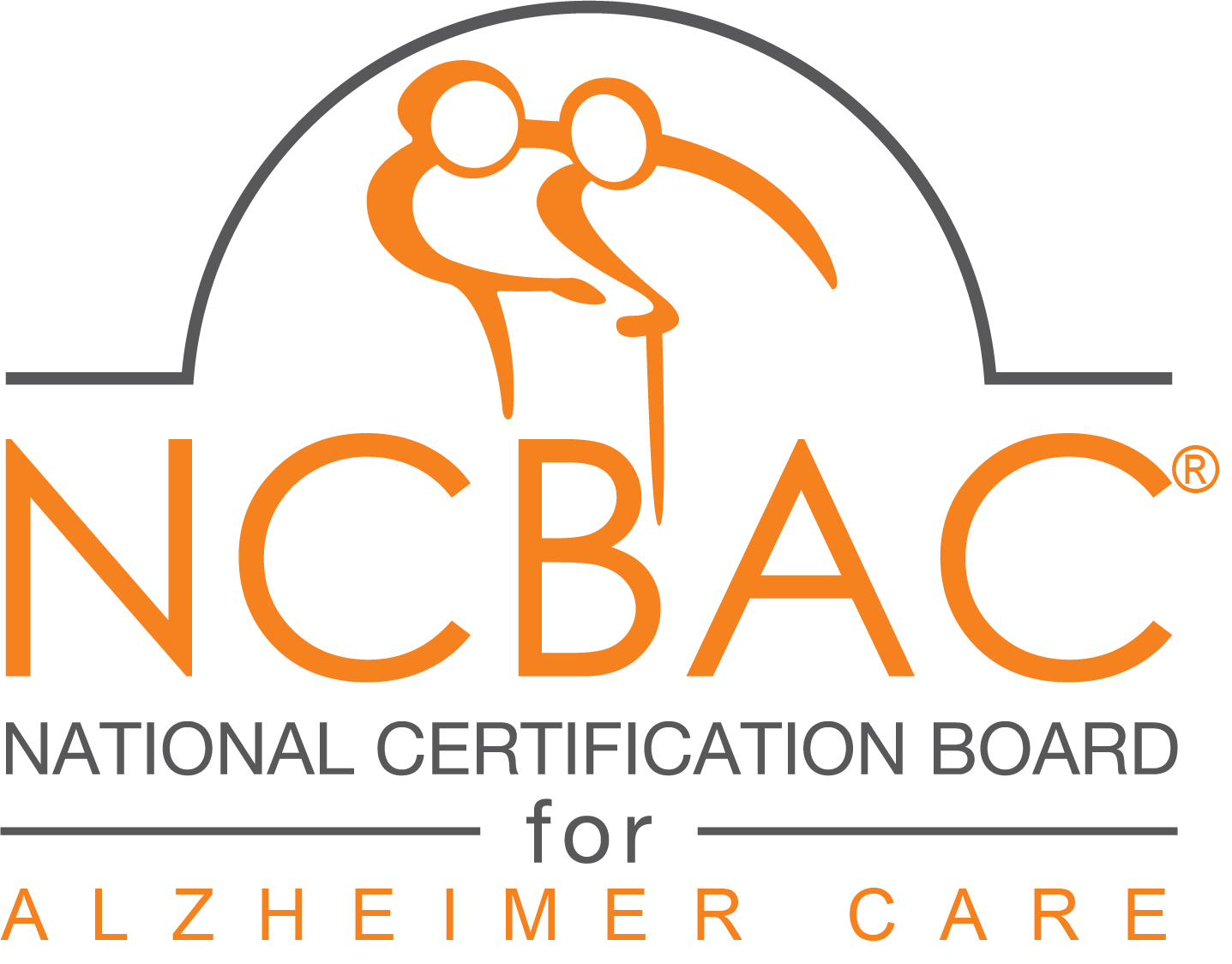A new study finds that the healthier we eat over the years, the better shape our brains will be in as we age. In the new research from McMaster University, people from all over the world who kept a Mediterranean-style diet in middle age had a reduced risk of cognitive decline as they got older. What was the magic food? There wasn’t one, and the study didn’t try to find one. Much like other areas of health, it’s not one thing – it’s a combination of things. And that’s true whether we’re talking about body health or brain health.
The team tracked the health and habits of almost 28,000 people, 55 and over, who were taking part in two international studies across 40 countries. The team rated how healthy each person’s diet was overall: Healthy diets tended to consist of higher quantities of vegetables, fruits, fish, nuts, soy products, and moderate alcohol intake. The unhealthy foods were things like red meat, deep-fried foods, and sweets.
